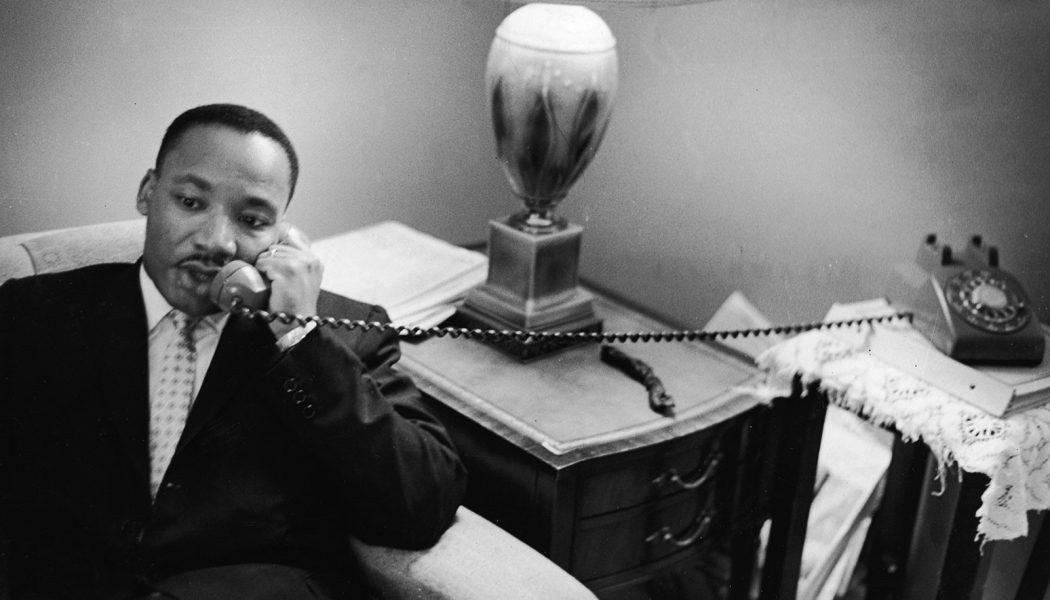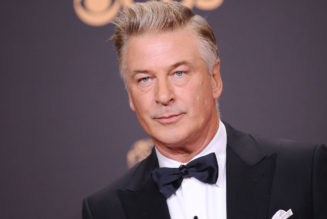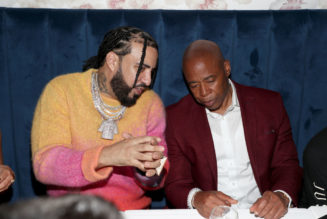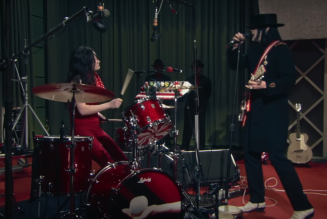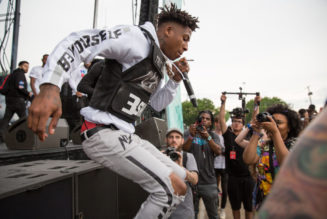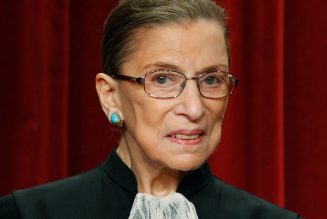
The Oscars initially planned to go forward as scheduled, but it became increasingly apparent that the show simply couldn’t go on. The show was pushed back two days, to April 10, the day after the funeral. With that, these four stars agreed to appear on the show in these roles.
The Oscar telecast opened, appropriately, on a serious note. Gregory Peck, president of the Academy of Motion Picture Arts & Sciences at the time, offered some sober remarks. “This has been a fateful week in the history of our nation. We join with fellow members of our profession and men of goodwill everywhere in paying our profound respects to the memory of Dr. Martin Luther King Jr.
“Society has always been reflected in its art and one measure of Dr. King’s influence on the society we live in is that of the five films nominated for best picture of the year, two dealt with the subject of understanding between the races. It was his work and his dedication that brought about the increasing awareness of all men that we must unite in compassion in order to survive. The lasting memorial that we of the motion picture community can built to Dr. King is to continue making films that celebrate the dignity of man, whatever his race or color or creed.”
Peck was alluding to best picture nominees Guess Who’s Coming to Dinner and In the Heat of the Night. (The latter film wound up winning the award.)
Peck was the perfect choice to make these remarks. He won an Oscar five years previously for To Kill a Mockingbird (one of the first major films to deal seriously with the subject of race). And he had a gravitas and sense of decency that made him widely admired. He was for his era what Tom Hanks is today.
When Peck finished his remarks, Bob Hope, host of the show for the fourth consecutive year, took the stage. Hope’s monologue included some ill-advised (and not especially funny) wisecracks about delay: “I just want to say about the delay of two days, it didn’t affect me, but it’s been tough on the nominees. How would you like to spend two days in a crouch? We also voted a special honor for valor to the ABC programming department. They just committed mass hara-kiri. Any delay really snarls up programming and the sponsor Eastman Kodak was afraid it would hurt their image — a show that took three days to develop.”
The New York Times’ review of the telecast labeled Hope’s jokes about the delay “tasteless.”
There were several allusions to Dr. King and the theme of his work during the show. When Peck received the Jean Hersholt Humanitarian Award, the Academy’s top philanthropic honor, he said, “It’s a humbling experience to hear oneself described as a humanitarian at any time, but especially this week. I’ll try to be deserving and, if I may, I would suggest that those of us who would like to help the humanitarian efforts of the Southern Christian Leadership Conference with its nonviolent approach to our most pressing problems may do so by sending contributions — large or small — to the Martin Luther King Jr. Fund, Atlanta, Georgia. Thank you very much.”
When Rod Steiger won best actor for In the Heat of the Night, for playing a small-town Mississippi police chief who must work with a Black police detective from Philadelphia played by Poitier, he said, “I’d like to thank Mr. Sidney Poitier for the pleasure of his friendship, which gave me the knowledge and understanding of prejudice in order to enhance my performance. Thank you, and we shall overcome.”
When producer Walter Mirisch accepted the best picture award for that same film, he said, “We are all very grateful for your recognition of our efforts and for your recognition of the lesson of In the Heat of the Night.”
Hope returned to close the show with scripted comments in which the Academy sought to find meaning amid the turbulence of the times. Some of his comments were probably written beforehand simply to mark the Oscars’ 40th anniversary, but they were amended when King was killed.
“Films today more accurately reflect the human condition. No longer do we portray the world as we wish it was. Today, we show the world as it is. Perhaps tomorrow we will depict the world as it could be … The men who began our industry had at least one thing in common with the man from Atlanta [King] — they had a dream. It has taken time, but the dream of the merchants and the martyr have [begun] to merge, if not out of idealism, then out of necessity.”
Appropriately, the Governor’s Ball was canceled.
Although Poitier starred in two of the best picture nominees, In the Heat of the Night and Guess Who’s Coming to Dinner (as well as a third hit film that was released that year, To Sir, With Love), he was passed over for an Oscar nomination. That was widely seen as a snub, but it may have simply been a case of his support being divided between multiple films.
There were just three Black nominees that year. Beah Richards, who played Mrs. Prentice, the mother of Poitier’s character, in Guess Who’s Coming to Dinner, was nominated for best supporting actress. Quincy Jones was a double nominee for best original score (In Cold Blood) and best original song (“The Eyes of Love” from Banning). Bob Russell, who collaborated with Jones on “The Eyes of Love,” was also nominated for that song.
This wasn’t the last time the Oscars were postponed due to the shooting of a national leader. Just 13 years later, the 53rd Academy Awards, originally scheduled for Monday March 30, 1981, were delayed a day following the assassination attempt on President Ronald Reagan on March 30.
Johnny Carson, hosting the show for the third consecutive year, said at the top of the show: “The Academy, ABC-TV and all of us connected with the show felt that, because of the uncertain outcome as of this time yesterday, it would have been inappropriate to stage a celebration. But the news today is very good. As you know, the president is in excellent condition at last reports [hearty applause]. He’s been conducting business and he happens to be in very good spirits.”
If only Hope could have started the 1968 show with a similar upbeat progress report about Dr. King’s improving condition.
